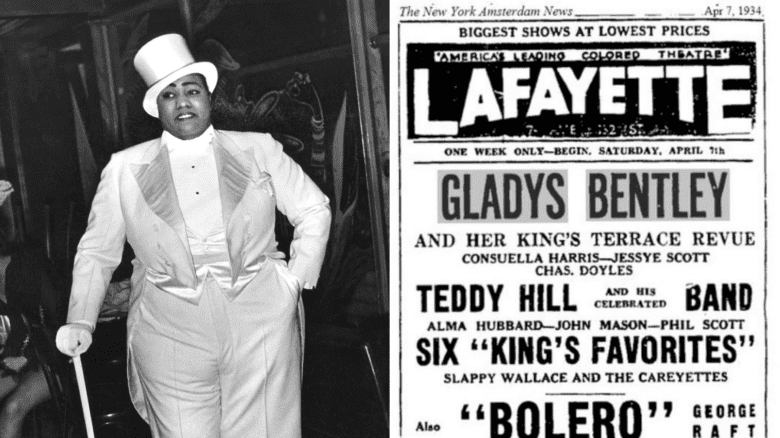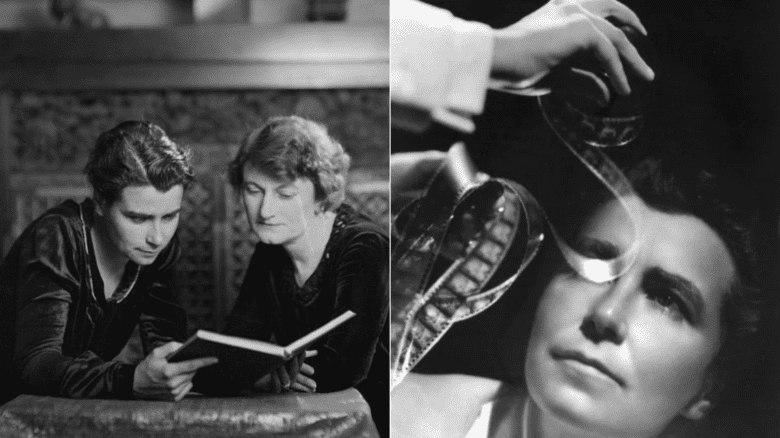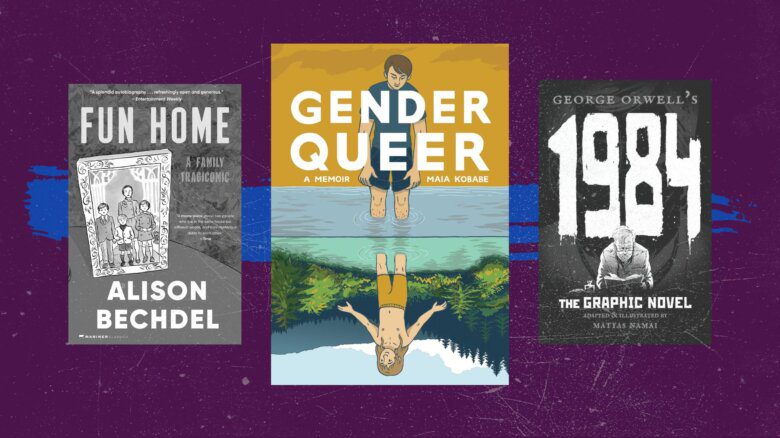Abdellah Taïa’s decision to be Morocco’s first openly gay author wasn’t premeditated but when he came face-to-face with the question of whether he was gay, he couldn’t back down.
“It’s like the moment of truth, that I never planed,” says Taia. “I never thought I would be doing this. The shame they put in me is still in me.”
Taïa’s decision to come out to a journalist was followed by harassment towards his family and anxiety for his own safety but it also opened up the dialogue on gay issues in Morocco where none had existed before.
Taïa’s brave decision has been followed by others in Morocco. A new magazine for the gay and lesbian community is being distributed both in person and online.
Taïa was in Toronto recently to promote his book, An Arab Melancholia, which has been translated into English. He was in Toronto earlier this year for the North American premiere of his first feature length film, Salvation Army, which was based on an earlier novel.
In the above video Taïa talks about his book, his decision to come out and the growing hope for change for the gay community in Morocco.
 Why you can trust Xtra
Why you can trust Xtra


